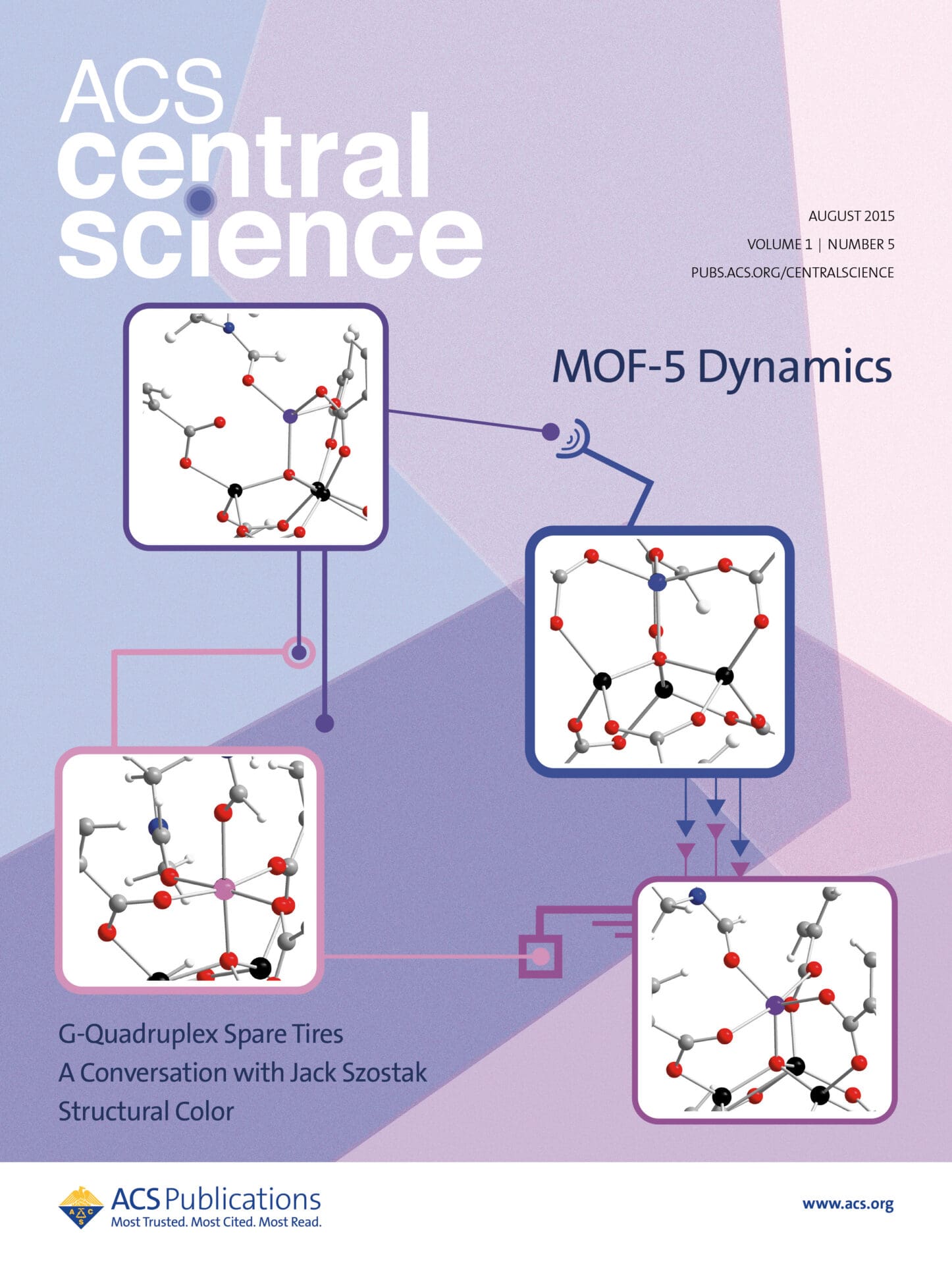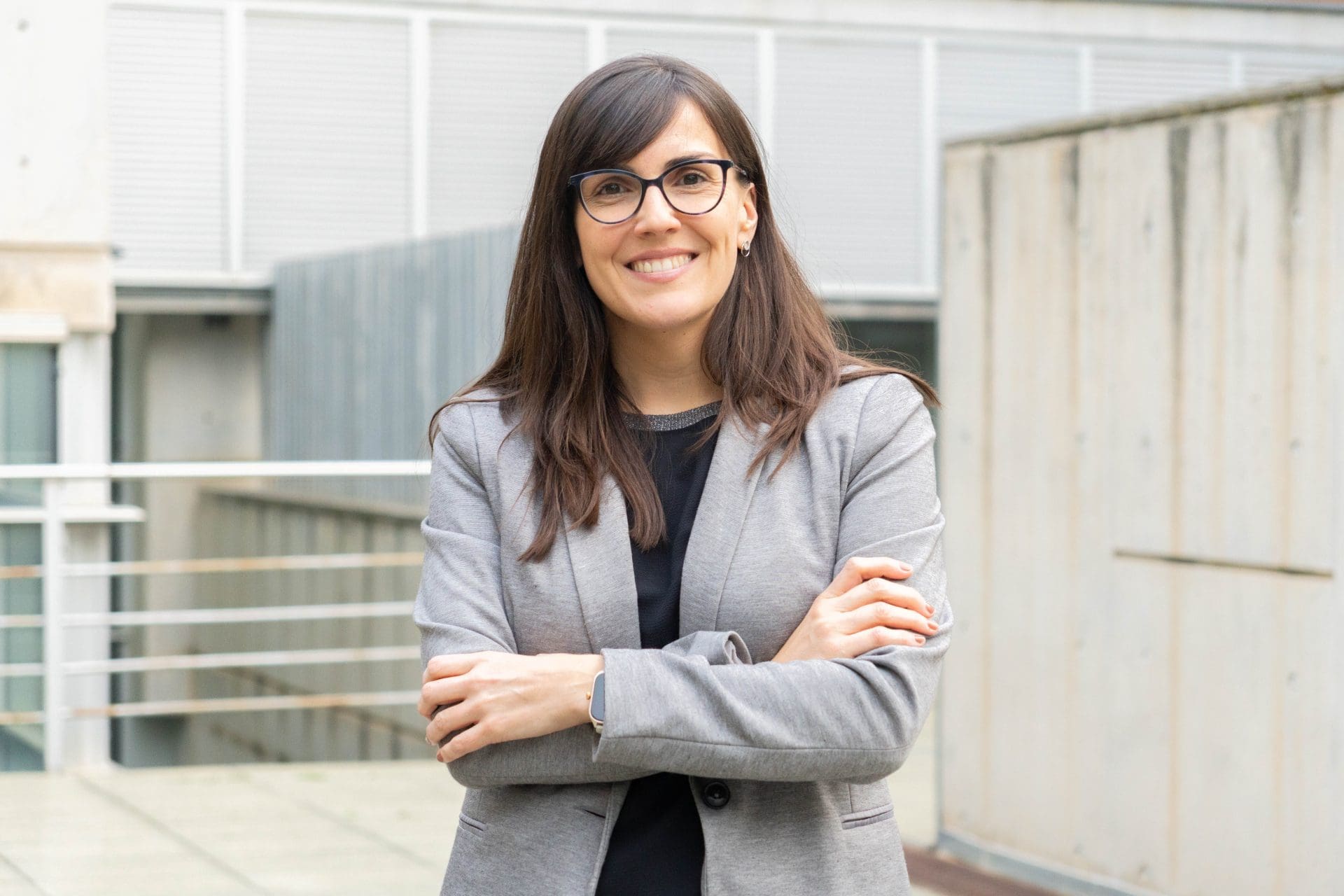Two papers by N. López et al. selected for journal covers
10th September 2015 –  A Stable Single-Site Palladium Catalyst for Hydrogenations
A Stable Single-Site Palladium Catalyst for Hydrogenations
G. Vilé, D. Albani, M. Nachtegaal, Z. Chen, D. Dontsova, M. Antonietti, N. López, J. Pérez- Ramírez
Angew. Chem. Int. Ed., 2015, 54, 11265-11269
We report the preparation and hydrogenation performance of a single-site palladium catalyst that was obtained by the anchoring of Pd atoms into the cavities of mesoporous polymeric graphitic carbon nitride. The characterization of the material confirmed the atomic dispersion of the palladium phase throughout the sample. The catalyst was applied for three-phase hydrogenations of alkynes and nitroarenes in a continuous-flow reactor, showing its high activity and product selectivity in comparison with benchmark catalysts based on nanoparticles. Density functional theory calculations provided fundamental insights into the material structure and attributed the high catalyst activity and selectivity to the facile hydrogen activation and hydrocarbon adsorption on atomically dispersed Pd sites.
 Dynamic DMF Binding in MOF-5 Enables the Formation of Metastable Cobalt-Substituted MOF-5 Analogues
Dynamic DMF Binding in MOF-5 Enables the Formation of Metastable Cobalt-Substituted MOF-5 Analogues
C. K. Brozek, V. K. Michaelis, T.-C. Ong, L. Bellarosa, N. López, R. G. Griffin, M. Dincă
ACS Cent. Sci., 2015, 1, 252-260
Multinuclear solid-state nuclear magnetic resonance, mass spectrometry, first-principles molecular dynamics simulations, and other complementary evidence reveal that the coordination environment around the Zn2+ ions in MOF-5, one of the most iconic materials among metal–organic frameworks (MOFs), is not rigid. The Zn2+ ions bind solvent molecules, thereby increasing their coordination number, and dynamically dissociate from the framework itself. On average, one ion in each cluster has at least one coordinated N,N-dimethylformamide (DMF) molecule, such that the formula of as-synthesized MOF-5 is defined as Zn4O(BDC)3(DMF)x (x = 1–2). Understanding the dynamic behavior of MOF-5 leads to a rational low-temperature cation exchange approach for the synthesis of metastable Zn4–xCoxO(terephthalate)3 (x > 1) materials, which have not been accessible through typical high-temperature solvothermal routes thus far.
Related news

Let's create a brighter future
Join our team to work with renowned researchers, tackle groundbreaking
projects and contribute to meaningful scientific advancements






 27-03-2025
27-03-2025 















